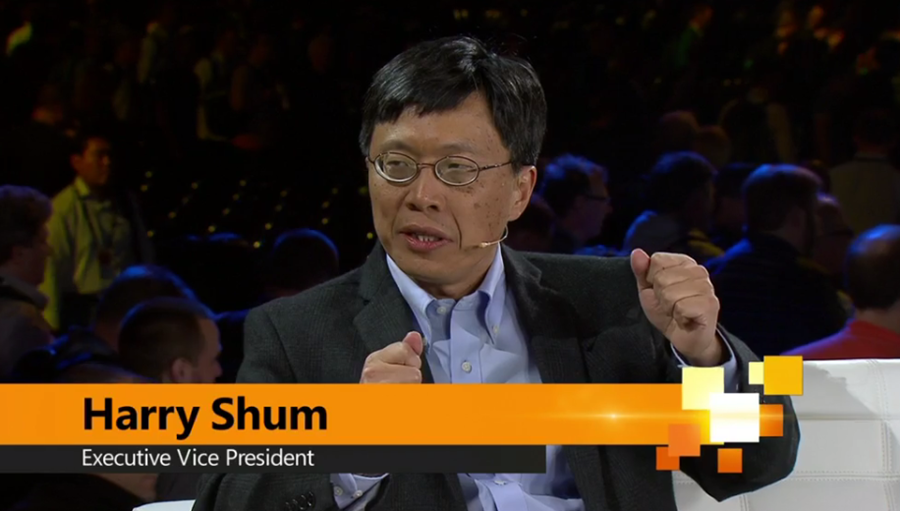
During the first day at Microsoft’s Ignite, Harry Shum, Executive VP at Microsoft Research spoke about technology and where we’re headed in the future. One of the most impressive parts of the presentation was the section where he spoke about the developments in machine learning.
For the first time, computers have now surpassed human ability in the recognition of objects. The level of accuracy now possible is down to individual pixels. Shum threw to a number of video examples of this technology, each displaying a coloured representation of what the computer understands on the left and the image provided to the algorithm on the right.
As you can see the accuracy of detection is remarkable and opens up lots of possibilities. The best part is developers will get access to the APIs necessary to integrate these capabilities into their apps.


Basically the way this works is you take a bunch of photos and throw them at a computer. It analyses the image (per pixel) and has enough intelligence to distinguish surrounding pixels to understand what that object is. In the example above, the algorithm may never have seen that exact bookcase before, but knows the properties of a bookcase and when that is detected, it can then map how big that is. This is incredibly important for projects that operate in the 3D space, like HoloLens.
The talk will be posted on Channel 9 in the next day or so, so if you missed it, this is definitely one to look out for. During the post show interview, Shum was quick to point out that while Microsoft spends many Billions of dollars on research as a company, Microsoft Research only receives around 5% of the overall investment. Admittedly this is still a massive spend and they’re increasingly under pressure to return on that investment. Developing technologies like this, that actually make it to product is a great start.


